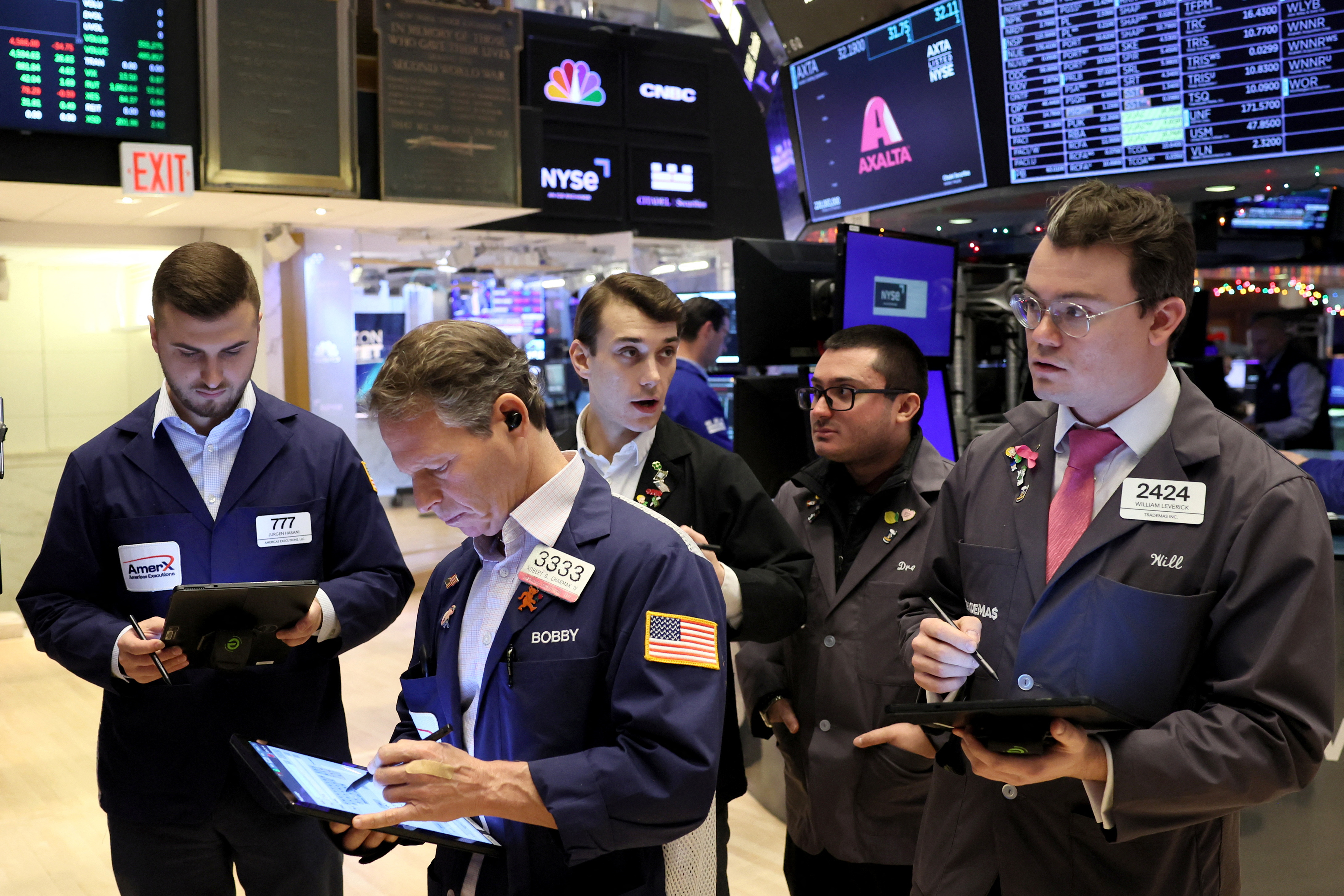
Hello Readers,
On Friday morning, America's financial capital was shaken by an earthquake 50 miles west of Wall Street. However, the real excitement came about two hours before the temblor with a blowout jobs number for March. Nonfarm payrolls grew by 303,000—much higher than expectations for 200,000. The Dow Jones Industrial Average rose by 307 points or 0.8%, and the tech-heavy Nasdaq Composite did even better with a 1.24% gain.
The guts of the report beyond the headline numbers were fairly benign. For example, growth in average hourly earnings slowed to a year-over-year pace of 4.1% in March from 4.3% in February, the slowest since June of 2021. There also has been further growth in the labor force. Abundant employment and a growing economy are generally good for corporate profits and stock prices. Sometimes good news is just good news.
Markets have been skittish as some Fed governors made hawkish pronouncements earlier in the week about the need to cut aggressively, or at all, if inflation remains stubborn. The Dow fell by 530 points on Thursday—an 820 point intraday swing from its high—on those concerns. Next Wednesday's inflation report will now be watched especially closely. Another upside shock like the one we got back in February could easily top five on the Richter scale by making any cuts before the presidential election in November iffy. The recent rise in oil prices is another concern if it is sustained. Brent crude futures rose again on Friday, making their gain for the week 4.79%.
Department stores such as Macy’s and Nordstrom offer the very opposite of what public markets find interesting: shrinking sales, stagnant or worsening margins, and no clear path to a turnaround. They do, however, own valuable real estate, well-recognized names, and wide customer bases—things that investors without the glare of quarter-to-quarter scrutiny think they can squeeze more value out of.
The story of Robin Hood Markets is increasingly becoming a tale of taking money from the rich and giving some of it back, in the hopes they bring in more riches.
The U.S. economy is rapidly adding jobs, but not in a very inflationary way. Low income consumers might be flagging, which is indicated by French fries. Today's main event for markets will be Wednesday's U.S. consumer inflation report.
Back in February, Heard's health care industry watcher David Wainer warned that cost pressures were eating into one of the most profitable areas for U.S. health insurers, Medicare Advantage. This past week saw the U.S. government's regulator for Medicare fail to raise its initial offer for compensating those insurers. Shares of Humana fell the most sharply and have now lagged the broad stock market by more than 43 percentage points so far this year. “While there is a lot of posturing in the health insurance business, it is at least fair to say that there is a real cooling of what was once a gold rush.” — David Wainer
Stay tuned for more updates!
Daniel Silva




Comments
Post a Comment